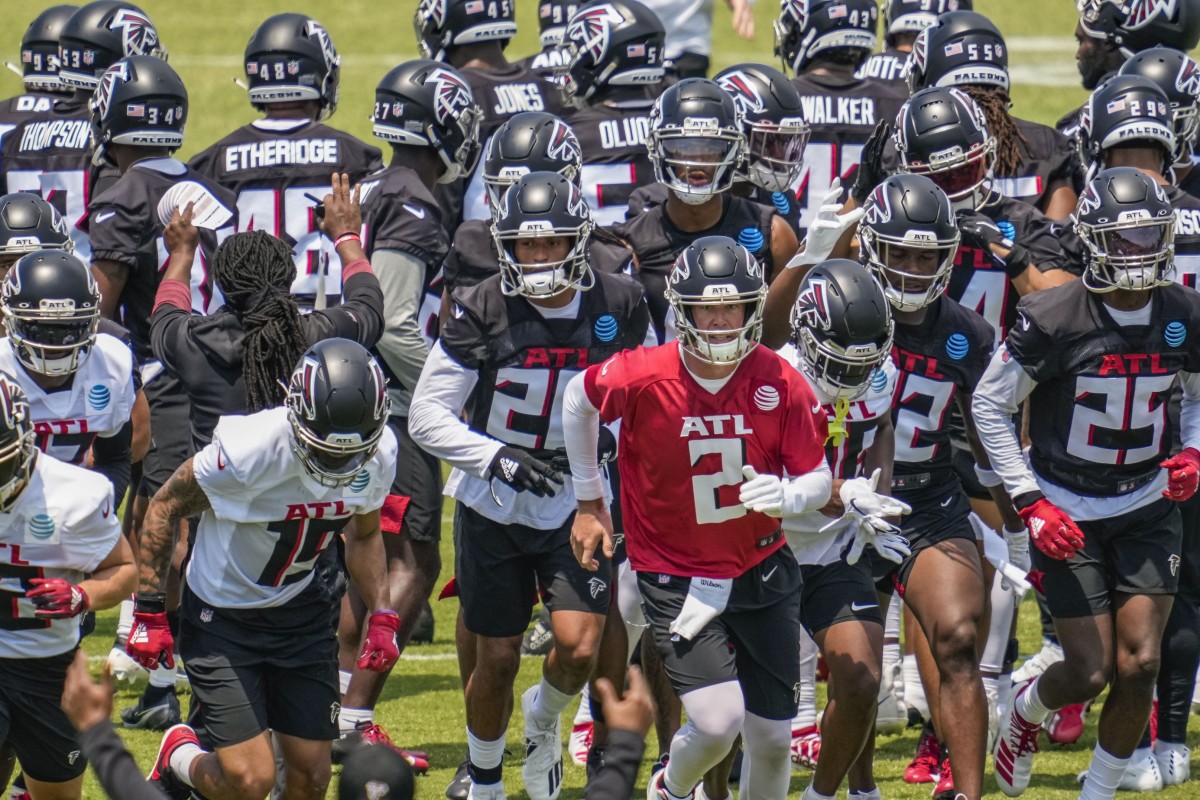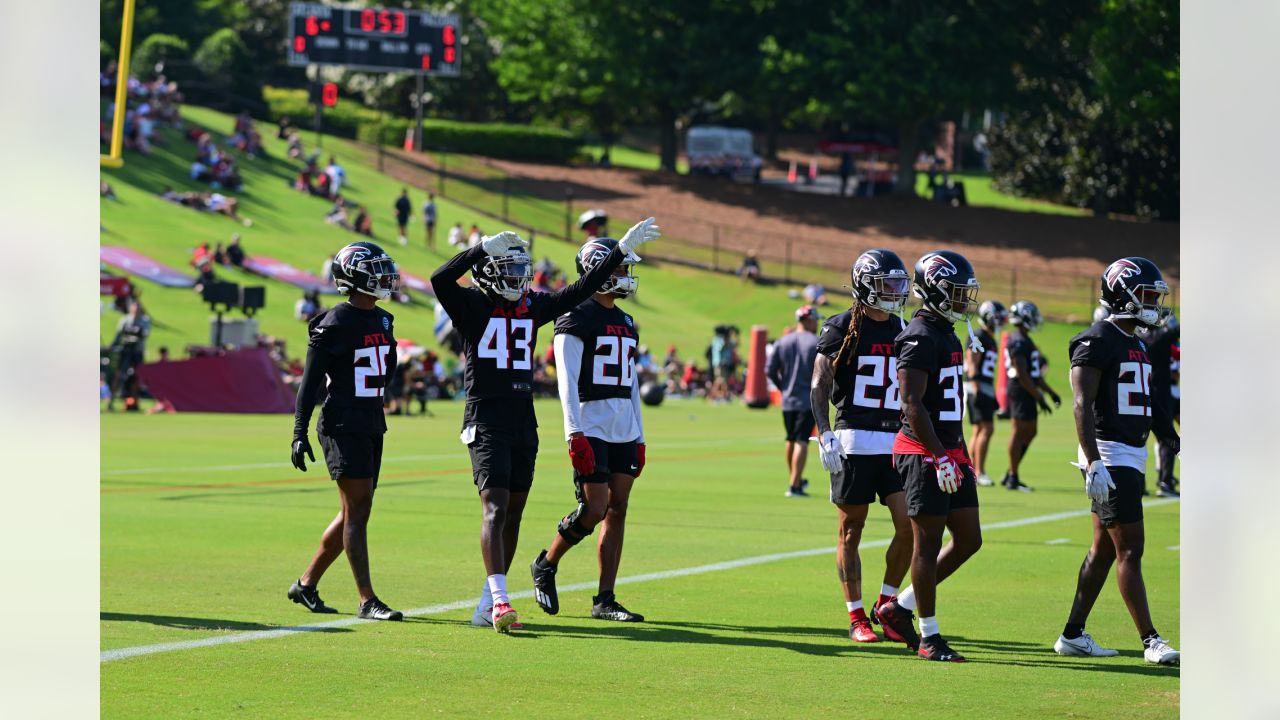In the high-stakes world of NFL drafts, every team strives for a strategic move that will secure its future success. This year, Andrew Brandt with the Atlanta Falcons made a headline-grabbing decision that sparked controversy among fans and pundits alike.
Their choice to draft Washington quarterback Michael Penix Jr. with the No. 8 overall pick, despite the recent signing of seasoned quarterback Kirk Cousins to a substantial four-year, $180 million contract, has stirred up significant debate.
Andrew Brandt, former Vice President of the Green Bay Packers, offered a compelling critique, suggesting that the Falcons may have misinterpreted a well-known strategic model.

Andrew Brandt’s Perspective on Atlanta Falcons Approach
Andrew Brandt, who served as the Vice President for the Packers from 1999 to 2008, voiced his opinion on the Atlanta Falcons’ recent draft pick during his appearance on the Ross Tucker Podcast. Brandt articulated that the Falcons’ decision to pick Penix was a radical departure from what he terms the “Green Bay model.”
This strategy involves drafting a promising quarterback as a future successor while the current lead remains active and performing at a high level. “Love and Rodgers were drafted in the 20s, late in the first round — Penix No. 8,” Brandt pointed out, emphasizing the unusually high pick used on Penix compared to past Packers’ choices.
IM CRYING BRO.. THE ATLANTA FALCONS POSTED THIS TYPO BY ACCIDENT
“MICHAEL PENIS JR” 😭😭😭 pic.twitter.com/Hm5f1ia1Um
— 30🅿️roblemz (@30problemz) April 29, 2024
The Green Bay Packers’ success with this model is notable, having smoothly transitioned from Brett Favre to Aaron Rodgers, and then to Jordan Love, without major disruptions or lengthy rebuilding phases. Andrew Brandt, however, highlighted significant differences in the Atlanta Falcons’ application of this strategy, notably the timing and the profiles of the quarterbacks involved.
“Favre and Rodgers, when their understudies were drafted, had been on the Packers for 17 years. Kirk Cousins has been on the Falcons for a minute. He’s never played a snap for the Falcons,” he noted, underscoring the premature nature of drafting Penix as a successor.
Atlanta Falcons QB Plan Unsettles Kirk Cousins, Awaits Michael Penix Succession
One aspect of the quarterback succession strategy that often goes unmentioned is its psychological impact on the current quarterback. Andrew Brandt shared insights from his own experience managing the transition between Favre and Rodgers. He observed that such situations could create a tense environment for the existing quarterback, who must face the reality of training alongside their potential replacement.
“Kirk Cousins is now going into work every day, and going to that quarterback room, and sitting right next to his replacement,” Brandt remarked, illustrating the uncomfortable predicament Cousins finds himself in.

Despite these challenges, the Falcons have given Cousins significant financial incentives to maintain his performance level and lead the team. The substantial contract suggests that Atlanta values Cousins’ immediate contribution to the team, even as they plan for the future with Penix.
Atlanta Falcons Quarterback Gamble, Genius, or Gaffe?
The Atlanta Falcons’ approach to their quarterback strategy in this year’s draft has certainly been bold, sparking a variety of responses from the football community. While some appreciate the foresight of securing a talented prospect like Penix, others, including Andrew Brandt, criticize the method and timing of such a decision.
As the new NFL season approaches, all eyes will be on how this strategy unfolds for the Falcons, Cousins, and Penix. Whether this move will prove to be a visionary success or a strategic misstep remains to be seen, but it undeniably adds an intriguing layer of drama to the upcoming football season.










